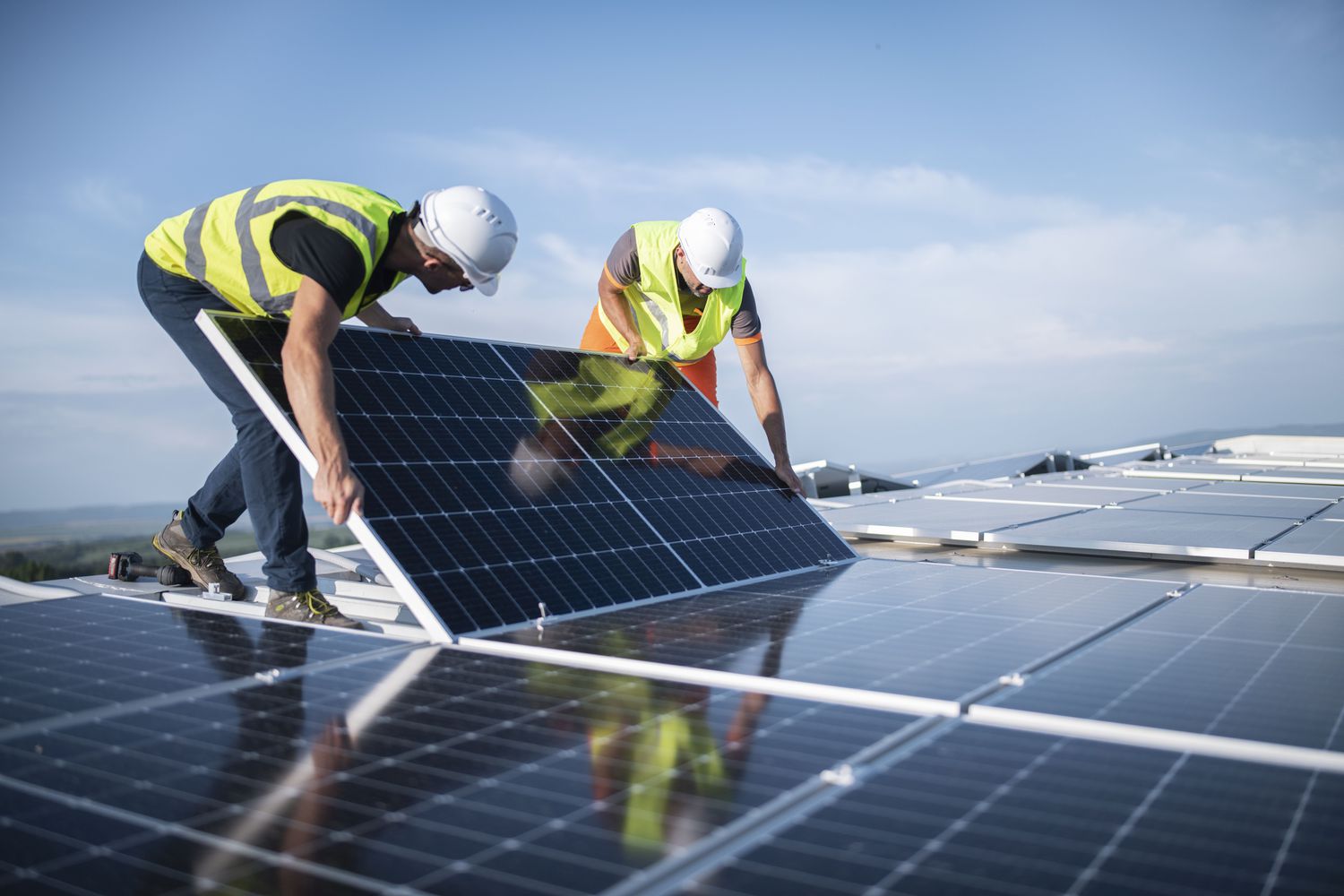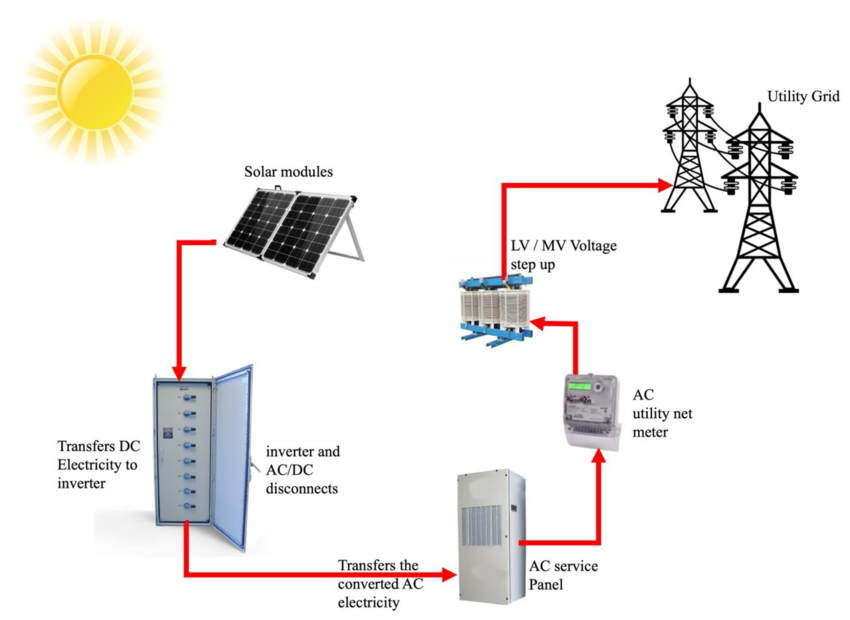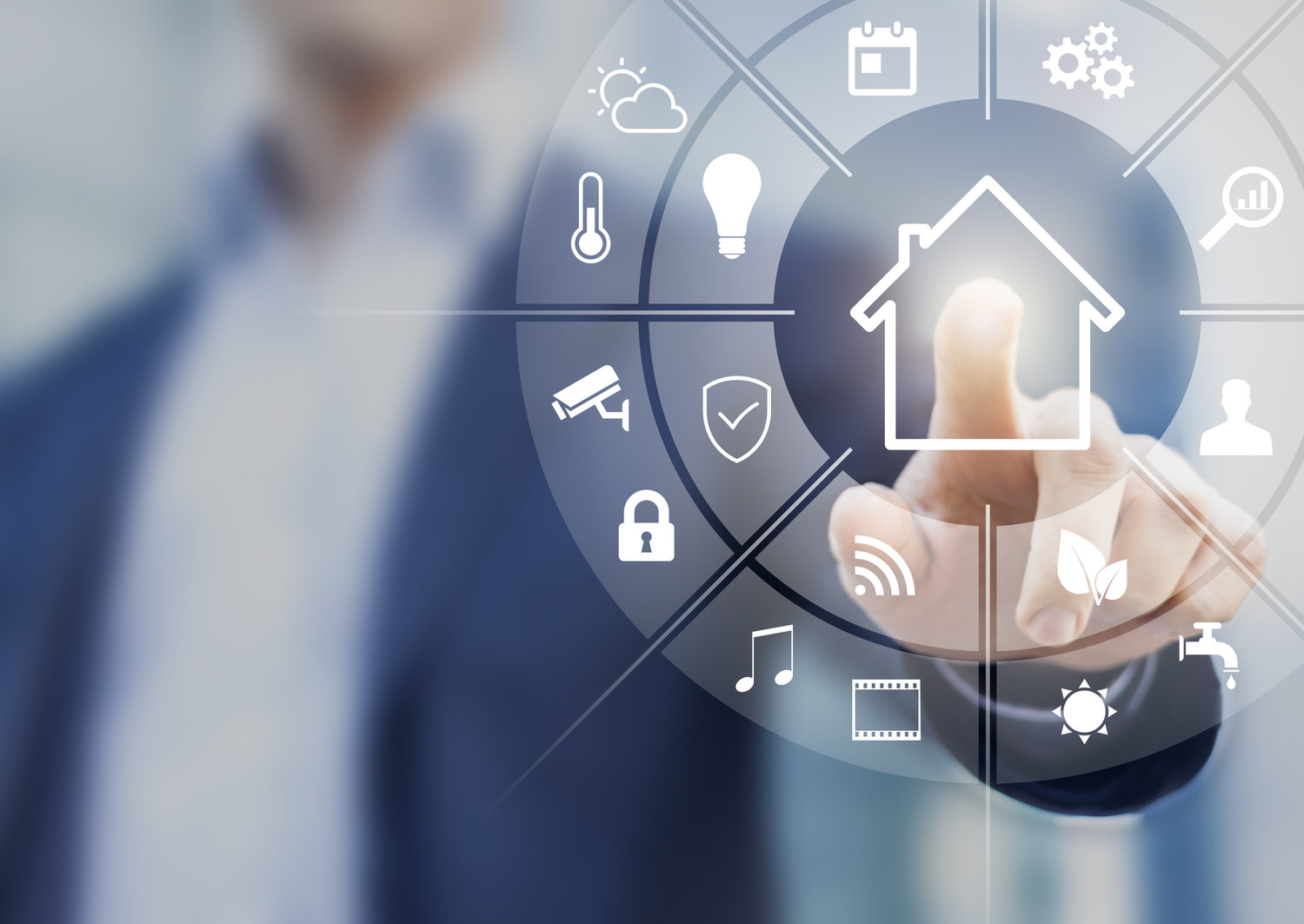In an era marked by increasing concern over climate change and relentless efforts to create sustainable solutions, harnessing renewable energy has become an indispensable strategy. Forefront in the renewable energy revolution is solar technology, with the use of solar panels steadily transforming how we power our homes. The benefits of solar energy are vast, and homeowners are now eagerly seeking solar panels for home use. This creates an opportunity for individuals to not only contribute to fighting global warming but also significantly reduce electricity bills.
However, the cost of solar panels and the process of solar installation may deter some homeowners from pursuing this option. Fears about how much solar panels cost or questions about whether solar panels are worth it are common. This article aims to provide you with answers to these questions by shedding light on revolutionary strategies in solar panel efficiency that can help cut down on initial investment and energy costs.
Advancements in Solar Technology

Source: Investopedia
Solar technology companies are investing heavily in research and development, tweaking existing technologies and inventing new ones to create the best solar power systems. These advancements focus mainly on solar panel efficiency and cost reduction, providing homeowners with an affordable and effective solution to home energy needs. The primary driver behind these initiatives is to further popularize solar power for home use and promote energy-efficient homes.
One of the significant developments in solar technology is the production of bifacial solar panels. These panels are designed to absorb sunlight on both sides, increasing efficiency by up to 30%. Utilizing these roof solar panels allows homeowners to harness more power with fewer panels, effectively reducing the cost of solar installation.
Innovations in Solar Panel Production
Another significant development in reducing the cost of solar panels involves leveraging thinner silicon wafers during the manufacturing process. Traditionally, thicker wafers were preferred due to their perceived durability and resilience. However, with recent advancements in technology, companies have been able to produce thinner silicon wafers that maintain the same level of durability while being more cost-effective.
There are a number of economic and efficiency benefits associated with thinner silicon wafers. They are less expensive to manufacture because, first and foremost, they require less material to construct. Further to being lighter and more pliable, thinner wafers also reduce the overall weight of the solar panels and are easier to handle during manufacture. Transport and installation expenses may be reduced as a result, raising the total cost-effectiveness of solar panels even further.
Also, it has been demonstrated that the energy production and longevity of thinner silicon wafers are equivalent to those of their thicker counterparts. Technological developments have removed worries regarding the performance or lifetime of wafers by producing thinner ones that are equally dependable and robust as thicker ones.
Revolutionizing Solar Panel Installation
Innovations in installation techniques have contributed significantly to the decline in solar panel prices, in addition to improvements in panel manufacturing. Solar panel installation can still be a complicated and costly procedure, even with their cost declining. But with the advent of plug-and-play solar power systems, installation has become easier and the accompanying prices have decreased.
Plug-and-play systems are designed to be easy to install and require minimal technical expertise, allowing homeowners to install solar panels themselves or with the help of a professional solar installer. By eliminating the need for specialized equipment and labor-intensive installation processes, plug-and-play systems can significantly reduce the overall cost of solar panel installation.
Moreover, plug-and-play systems often come with built-in monitoring and optimization features, allowing homeowners to maximize the efficiency of their solar panels and ensure optimal energy production. These systems can automatically adjust settings based on factors such as weather conditions and energy usage patterns, helping homeowners get the most out of their investment in solar energy.
Another benefit of plug-and-play systems is their scalability and flexibility. Homeowners can start with a small system and easily add more panels over time as their energy needs evolve. This scalability allows homeowners to tailor their solar energy system to their specific requirements, maximizing energy production and cost savings.
Furthermore, advancements in solar technology have led to the development of smart home energy solutions that complement solar panel installations. These solutions utilize artificial intelligence and machine learning algorithms to optimize energy usage and minimize waste.
Smart home energy systems can analyze energy consumption patterns and adjust settings accordingly to ensure that homeowners only produce as much energy as they need. By reducing energy waste and maximizing energy efficiency, these systems can help homeowners save even more on their electricity bills and further enhance the financial benefits of solar panel installations.

Source: Researchgate
Maximizing Efficiency with Smart Home Energy Solutions
The best solar power systems come with smart home energy solutions. This means that the system can adapt to your home’s energy needs, optimizing power generation and ensuring you only produce what you need. The newest solar technology companies are investing in artificial intelligence to enable your solar systems to learn, react, and adjust to your energy consumption patterns. This smart strategy cuts down energy wastage, offering a significant cut-back on energy expenses and presenting consumers with substantial financial savings.
Moreover, homeowners often ask, “Are solar panels worth it?” or “Can I get solar panels for free?” With the increasing efficiency of solar systems and the wide array of solar financing options available, the answer rings a resounding yes.
- Increasing efficiency of solar systems and diverse financing options make solar panels a worthwhile investment
- Government subsidies, renewable power generation credit schemes, and solar leasing help reduce upfront costs
- Conducting an honest assessment reveals that the benefits of solar systems outweigh the initial investment

Source: Residence Style
Furthermore, in addition to the substantial long-term cost savings, the implementation of solar power systems contributes to the development of energy-efficient homes. This energy efficiency not only results in reduced electricity bills but also adds value to property prices, especially for green-conscious buyers. Harnessing renewable energy from the sun is not just an economical decision but also a significant sustainability commitment.
In conclusion, it’s clear that solar panel efficiency and solar energy solutions offer an eco-friendly way to reduce energy costs sharply. The benefits extend beyond financial savings to include contributing to energy-efficient homes, lowering carbon footprints, and potentially increasing property value. Solar technology is undoubtedly a cornerstone for our sustainable future, and thanks to the tireless efforts of various solar technology companies, these systems are also becoming more affordable and efficient than ever before. So, if you’re considering cutting your electricity bills and saving more money, investing in solar power for home might be an excellent place to start.
